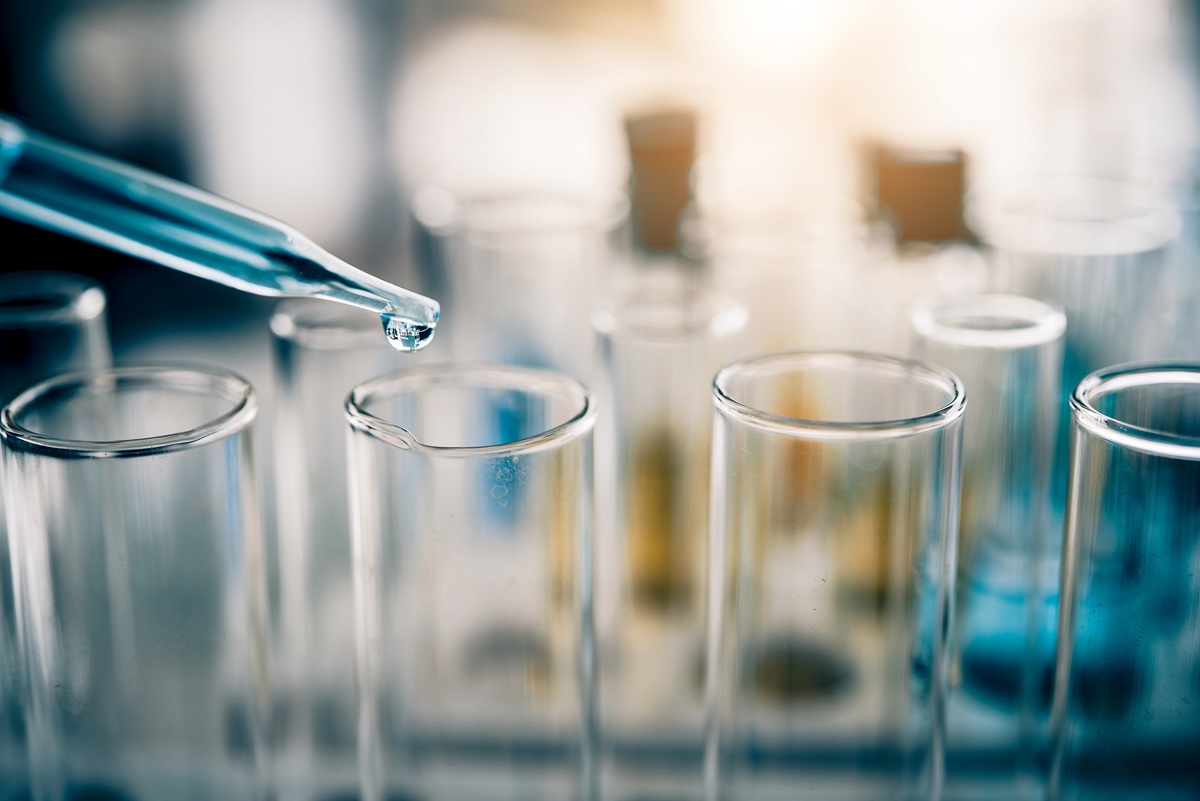Why the EU needs a healthy pharmaceutical industry for its competitiveness agenda

Announcing her candidacy for the EU’s top job last month, European Commission President Ursula von der Leyen offered a glimpse of the message which will undoubtedly play a central part in her campaign: promoting Europe’s competitiveness.
As a trending policy buzzword, competitiveness places economic growth in the midst of a hectic crossroads where sustainable competitiveness, economic security, open strategic autonomy, and fair competition come together (unfortunately, sometimes crashing). Emerging from a term that stress-tested Europe’s economic policies amid a global pandemic and geopolitical instabilities, Europe is awakening to the reality that it must now cultivate a longer-term approach. It must move beyond a focus on resilience to also cultivate a competitive edge which keeps Europe at the forefront of global innovation and the global economy. This approach should begin by looking at our largest and most economically significant sectors.
Let’s take the pharmaceutical industry as an example. In 2022, the industry’s trade surplus amounted to €171 billion- the largest in the EU1. According to the European Federation of Pharmaceutical Industries and Associations (EFPIA), from 2000 to 2021, its members more than doubled production, increased exports by a factor of six, and recorded a trade balance far ahead of other high-tech sectors in Europe. With this kind of impact, surely all our conversations about competitiveness and sustainable growth should start from here.
Yet, the current EU policy environment does not necessarily tell a tale of one that supports a booming pharmaceutical sector. Europe is slowly losing grip on production due to a combination of high labour costs and a perception of over-regulation, which hampers its ability to compete with China and the U.S. The COVID-19 pandemic highlighted how Europe’s dependency on third countries for critical ingredients, such as active pharmaceutical ingredients (APIs), made it vulnerable to shortages – both China and India limited exports. The revision of the EU General Pharmaceuticals Legislation risks further driving investment out of the EU. Companies fear conditionalising Regulatory Data Protection (RDP) to the industry’s ability to provide access across all Member States, for which they do not hold sole responsibility, could further increase the trend of driving research and development of new treatments to more ambitious life science sectors abroad.
Despite being kept in the crosshairs of policymakers, the challenge and criticality of maintaining a strong European pharmaceutical sector has been acknowledged by the Commission through a series of policy initiatives seeking to protect strategic autonomy (another buzzword). Through the Health Emergency Preparedness and Response Authority (HERA), the Commission is working to identify and eradicate import dependencies within the pharmaceutical sector. This initiative aligns with EU actions in other sectors which all strive to mitigate concentrated import risks and enhance the bloc’s self-sufficiency.
A key outcome of strategic autonomy is the EU’s ability to ensure the supply of critical essential to the well-being, and in many cases, survival of its citizens. Beginning with a Communication on Medicines Shortages in October 2023, the Commission announced a series of measures to address medicines shortages in Europe, including a Critical Medicines List (published in December 2024) and outlining a way forward for a European Critical Medicines Act. All these proposals complement the ongoing revision of the EU’s General Pharmaceutical Legislation, which has identified the prevention of medicines shortages as a key priority, proposes measures to empower competent authorities to monitor supply and introduces new responsibilities for producers to signal future potential shortages of their stocks.
The forthcoming European Commission Communication on the EU Biotech and Biomanufacturing (anticipated later this month), will further cement this approach by designating biotech as critical to the continent’s strategic autonomy. Its main objectives are to strengthen research and development, facilitate marketing of biotech products and solutions, and reinforce the bloc’s economic security.
So, we must address this duality of viewing the industry as the enemy and picking apart the business model whilst also designating the industry as essential to a functioning EU. If we are serious about making the EU a global player in health, the next policy mandate must protect and promote the pharmaceutical industry. It must ensure predictability for business through a transparent and stable regulatory environment, prioritise research and development incentives, simplify regulatory processes and foster collaboration between public and private sectors.
A competitive European market would bring pharmaceutical manufacturing back to the EU and in turn stimulate economic development and generate new jobs. Not to mention- it would help promote supply chain resilience in the face of a future pandemic. It’ll be important to ensure that the revision of the EU General Pharmaceutical Legislation, likely to be concluded in the next mandate, does not undermine these initiatives by driving investment out of the EU. A policy environment that has the back of the pharmaceutical industry should be at the heart of Europe’s competitiveness agenda.
-

Emma leads FleishmanHillard EU’s Health and Lifesciences team, providing public affairs and corporate communications sectoral expertise to clients. Emma has worked on high-profile pieces of EU health legislation, including the General Pharmaceutical Legislation and EU-wide HTA, and has a particular passion for supporting clients to...
Find Out More
-
Are you fit for 2024? Communicating in a year of change
February 27, 2024
-
Bidding farewell to fossil fuels at COP28: How to get it right this time
November 27, 2023


